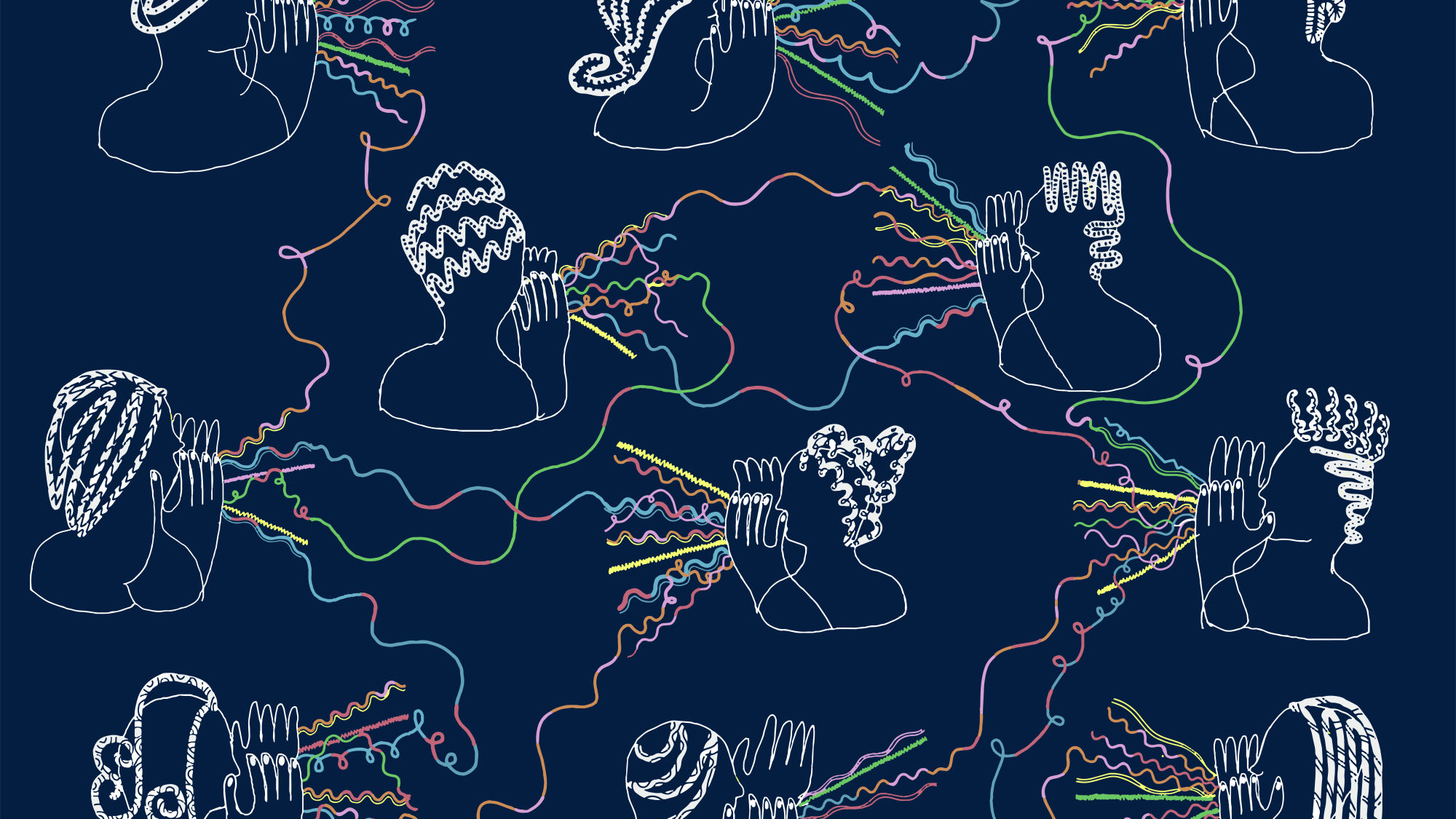ECo Talks: Partitioning of PFAS and other Organic Contaminants Between Water, Air, and Mineral Surfaces with Ian C. Bourg
Dr. Ian C. Bourg, Associate Professor Princeton University, will present his talk, “Partitioning of PFAS and other Organic Contaminants Between Water, Air, and Mineral Surfaces,” as part of the ECo Talks series produced by the Earth Commons.
About the Speaker: Ian Bourg is an Associate Professor in Civil and Environmental Engineering at Princeton University. His group studies the properties of water at interfaces with an emphasis on applications in subsurface geochemistry, soil mechanics, carbon dynamics, aerosol microphysics, and contaminant fate and
transport. He holds a B.Eng. in Industrial Process Engineering from the National Institute for Applied Sciences in Toulouse (1999) and a Ph.D. in Civil and Environmental Engineering from the University of California at Berkeley (2004). He led a research group in the Earth Sciences Division at the Lawrence Berkeley National Laboratory until 2014. He joined the faculty at Princeton University in 2015 and has been a Visiting Professor at ETH Zurich (2022-23).
About the Talk: Dr. Bourg’s research examines the fundamental properties of water at interfaces and their impact on environmental systems. Current projects are focused on the impact of clay minerals on the hydrology and mechanics of sedimentary media; the role of mineral-organic interactions in contaminant fate and transport and soil carbon storage; and the hydrophilicity and hygroscopicity of natural systems.
The tendency of per- and polyfluoroakyl substances (PFAS) and other organic contaminants to partition between different phases (e.g., water, air, biological matrices) and interfaces (e.g., water-air or water-solid interfaces) is a key set of properties that determines their fate and transport in natural and treatment systems. A key challenge associated with efforts to characterize the associated partitioning coefficients is the vast (and rapidly increasing) number of known organic contaminants (e.g., >10,000 distinct PFAS compounds according to the US EPA) and the variety of relevant chemical environments. Molecular dynamics (MD) simulations have the potential to facilitate the generation of fundamental, generalizable understanding of organic contaminant partitioning in natural and treatment systems, but they have been applied only to a limited number of compounds and adsorbents. Here, we report MD simulations of the partitioning of a relatively wide variety of PFAS and other organic contaminants at water-air and mineral-water interfaces in different aqueous chemistry conditions. Simulation results provide quantitative predictions of adsorption and partitioning coefficients and fundamental insight into the mechanisms that control these coefficients.
Event Details: Light refreshments will be provided. Free and open to all. No RSVP required. In person and online event Zoom ID 93082466514.
About the Series: Every Friday beginning on January 26th, ECo Talks features scholars, leaders and innovators sparking conversation, sharing knowledge, and spurring change. ECo Talks are presented by the Earth Commons Fridays 11:30 am – 12:30 pm in Arrupe Hall Conference Room. Learn more about the series >>

